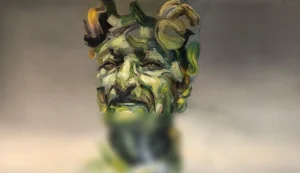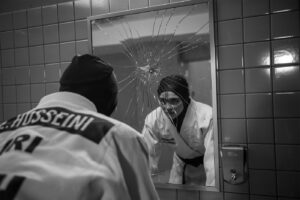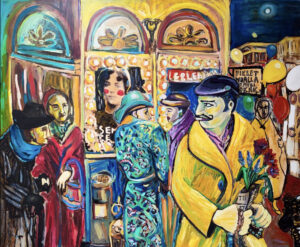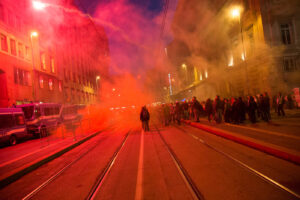A city on the eve of invasion.
I told him the sky was too low to go out tonight, but he insisted on having a millefeuille.
“I just want to taste the sweetness of its crumbling edges one more time,” he said. So, we walked over the sidewalks not knowing if they would be here tomorrow but he reminded me that they were there yesterday, and we arrived at Zalfa’s bakery. She was sitting on her white Monobloc chair facing a fan in a corner where Beirut had narrowed. The TV was on and the screen was split to all the mountains and seas of the Middle East, smoke billowing in equal parts of terror. The handsome anchor with broad shoulders asked if there would be a regional war, with newsflashes in red over his torso. “Diplomacy is still the only way,” it read.
“Tell me you still have millefeuille,” he said.
“It’s the last one,” Zalfa said, nodding to a delicate cake standing in the middle of an empty shelf with tattered sides.
He held it with innocent eyes and I felt ashamed that I could not share this understanding with him.
I told him it looked old and moldy. Zalfa ignored my comment, peering over her door with a gesture I know too well.
“Sweetness never dies,” he said, grabbing it with a fearful speed as if it was the last item of pleasure left in a town where ghouls flew in the sky and solemn faces walked the streets.
“It’s not so loud tonight,” Zalfa said, going back to her Monobloc chair.
“This the reality of a noisy city,” he said. “We must endure.”
We walked back home through an air so beautiful in its penetrating breeze that I despised it for offering a gentle reprieve at a time that demanded rage. We crossed the gas station that was blown up once before and went up the stairs over the terrazzo tiles that looked more edible than the cake in his hands. We did not talk about tomorrow or the day after because we knew it was time for dessert.
He put a samovar on the stove and began to whistle. He was proud of the tea he made in the manner of an Ottoman prince and I waited on the balcony that overlooked the port in the posture of those who had waited before.
I watched whatever was left of the sea and I pretended to be tranquil like the waves that reeled from the heights they reached a few nights ago but something inside my heat of anger compelled me to scream. So, I opened my mouth wider than the Kadisha valley, and let out a holler ravenous in its echoes. It flew softly over the drones to the temples in Tyre.
He didn’t hear, it seems, but he was careful with what he chose to listen to. He came to meet me outside, his eyes were softer, two monuments of happiness.
We sat at our uncomfortable French cafe table which he bought from an IKEA in Dubai, and he offered me a glass of tea.
“No sugar,” he said, “the cake is enough.”
We held it from its middle, its rancid core flowing over both our fingers, and we ate together swallowing the last bits of the city it offered.




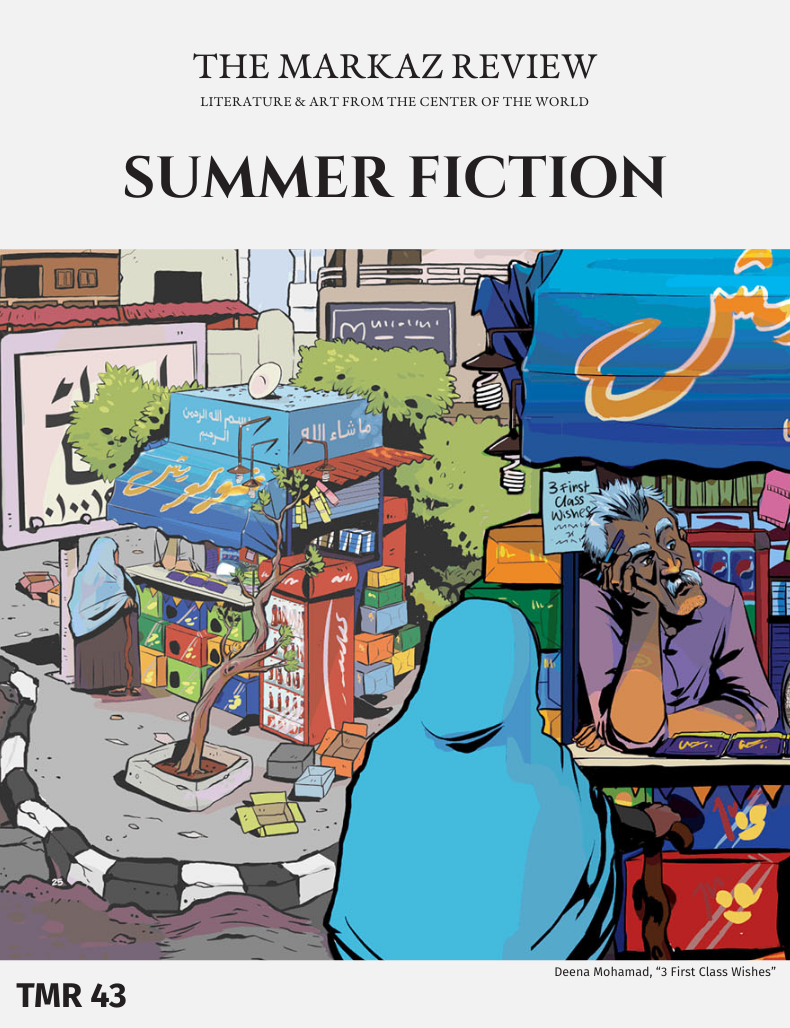
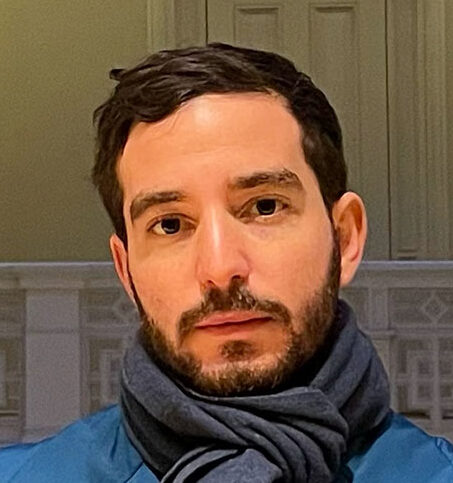
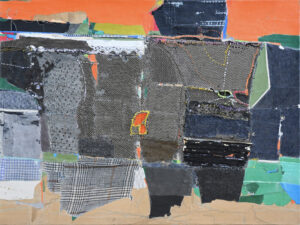



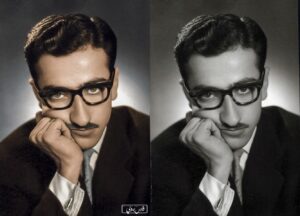



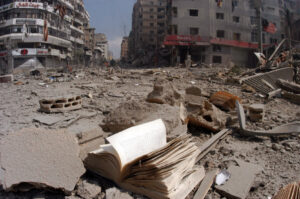







![Ali Cherri’s show at Marseille’s [mac] Is Watching You](https://themarkaz.org/wp-content/uploads/2025/09/Ali-Cherri-22Les-Veilleurs22-at-the-mac-Musee-dart-contemporain-de-Marseille-photo-Gregoire-Edouard-Ville-de-Marseille-300x200.jpg)












